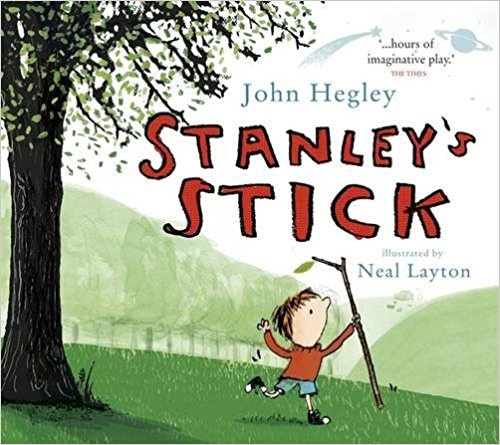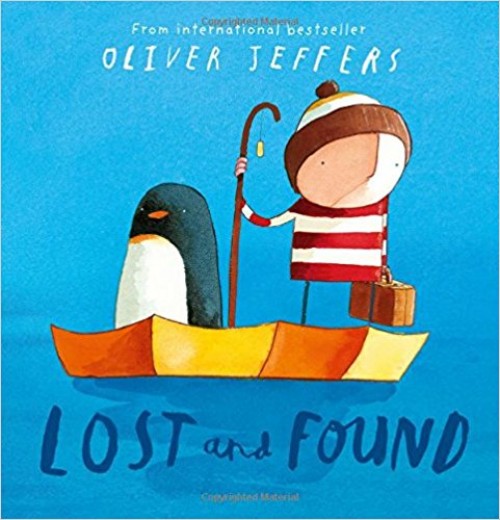Vocabulary, Grammar & Punctuation
• Suffixes that can be added to verbs where no change is needed in the spelling of root words (e.g. helping, helped, helper)
• How words can combine to make sentences
• Joining words and joining clauses using and
• Sequencing sentences to form short narratives
• Separation of words with spaces
• Introduction to capital letters, full stops, question marks and exclamation marks to demarcate sentences
• Expanded noun phrases for description and specification [for example, the blue butterfly, plain flour, the man in the moon]
• Use of capital letters, full stops, question marks and exclamation marks to demarcate sentences
• Commas to separate items in a list
• Apostrophes to mark where letters are missing in spelling and to mark singular possession in nouns [for example, the girl’s name]
• Capital letters for names and the personal pronoun
|
Writing (Composition)
• Saying out loud what they are going to write about
• Composing a sentence orally before writing it
• Sequencing sentences to form short narratives
• Re-reading what they have written to check that it makes sense
• Discuss what they have written with the teacher or other pupils
|

